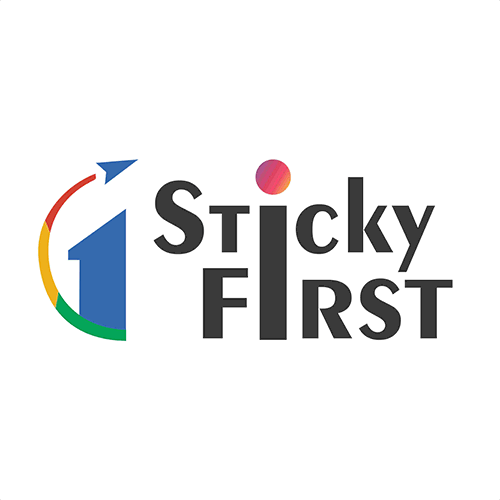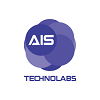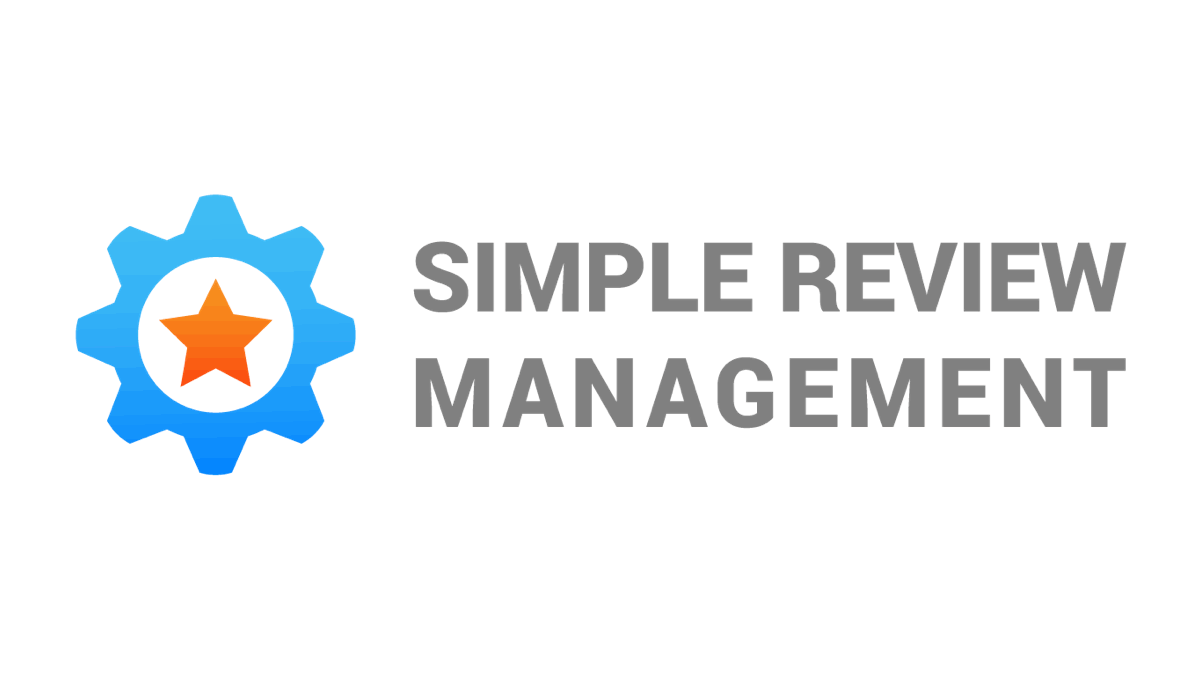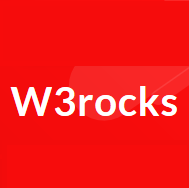Description

Sticky First

SentiOne
Comprehensive Overview: Sticky First vs SentiOne
As of my last update, I don't have specific data on a product called "Sticky First." However, I can provide insights into SentiOne, as it is a known entity in the realm of digital marketing and social media monitoring. If "Sticky First" is a software or product that's been released after my last update, I recommend checking their official website or industry reports for the most current information. Below is a comprehensive overview of SentiOne.
SentiOne Overview
a) Primary Functions and Target Markets:
SentiOne is primarily a social media listening and customer service automation platform. It offers a range of services, from real-time social media monitoring, sentiment analysis, and brand reputation management to automated customer service solutions like chatbots.
- Primary Functions:
- Social Media Monitoring: Tracks mentions of a brand across various social media channels and provides insights into public sentiment and discussions.
- Sentiment Analysis: Analyzes digital content to determine the sentiment behind mentions, helping companies gauge public perception.
- Automated Customer Service: Offers AI-powered chatbots for automated customer service, reducing response times and improving customer interaction efficiency.
- Target Markets:
- Marketing and PR agencies looking for in-depth brand analysis.
- Companies seeking to improve customer interaction through automated solutions.
- Enterprises focusing on brand reputation management across social and online platforms.
- Businesses aiming to understand market trends and customer feedback dynamically.
b) Market Share and User Base:
-
Market Share: SentiOne operates in the competitive market of social media analytics and customer service automation. While exact market share figures are commonly proprietary or estimated by industry analysts, SentiOne competes with other leading social media monitoring tools like Brandwatch, Sprout Social, and Hootsuite.
-
User Base: SentiOne targets medium to large enterprises across various industries, including retail, telecommunications, and finance. Its user base is largely European, as the company originated in Poland, but it has expanded internationally.
c) Key Differentiating Factors:
-
Comprehensive Language Support: SentiOne is known for its strong emphasis on multilingual sentiment analysis, covering a wide range of languages. This is a significant advantage for companies operating in multiple regions.
-
AI-Driven Chatbots: The integration of AI for automated customer service sets SentiOne apart from many traditional monitoring tools, allowing businesses to offer both insight and actionable customer engagement solutions.
-
Focus on Real-Time Data: SentiOne provides real-time data analysis, which is crucial for businesses that need to respond to PR crises or shifts in consumer sentiment quickly.
-
Emphasis on European Markets: Given its roots, SentiOne has a strong grasp of the European market landscape, language nuances, and regulatory environments, which may appeal to businesses operating or expanding in this region.
Conclusion
To provide a comparison with an unknown "Sticky First," it would be necessary to understand its specific features and market positioning. SentiOne distinguishes itself through robust social listening capabilities, AI-powered customer service, and strong European market integration. For the most accurate and current comparison, industry reports and direct resources from both companies would offer the best insights.
Contact Info

Year founded :
2009
+91 88247 99800
Not Available
India
http://www.linkedin.com/company/stickyfirst

Year founded :
2011
+48 22 100 13 44
Not Available
Poland
http://www.linkedin.com/company/sentione
Feature Similarity Breakdown: Sticky First, SentiOne
To provide a feature similarity breakdown between Sticky First and SentiOne, let's analyze the products based on the specified criteria.
a) Core Features in Common
Both Sticky First and SentiOne are involved in social media monitoring, customer feedback analysis, and supporting brand engagement. Here are some common core features:
-
Social Media Listening: Both platforms enable users to monitor social media platforms for mentions, hashtags, and trends relevant to their brand or industry, allowing businesses to gather real-time data.
-
Sentiment Analysis: These tools analyze the sentiment of the mentions and conversations to provide insights into customer opinions and emotions about their brand or products.
-
Reporting and Analytics: They offer dashboards and reporting tools that provide insights into data collected, including trend analysis, influencer identification, and engagement metrics.
-
Multi-channel Monitoring: Both tools support monitoring across multiple channels including blogs, forums, news sites, and more alongside social media platforms.
-
Alerts and Notifications: They offer real-time alerts and notifications for immediate action in case of important mentions or crises that require rapid response.
b) User Interface Comparison
While specific UI designs can vary and may evolve, we can broadly compare the user interfaces of Sticky First and SentiOne:
-
Sticky First: Typically offers a more streamlined interface focused on ease of use, with dashboards that highlight key metrics at a glance. It may emphasize simplified navigation to encourage quick access to various features without a steep learning curve.
-
SentiOne: Known for a robust and potentially more feature-rich interface, which might require a bit more familiarization. It possibly offers more customizable dashboards and reports, catering to detailed analytics requirements.
Both tools aim to provide intuitive user experiences, but the difference might lie in the degree of customization options and the complexity of data visualization tools.
c) Unique Features
Each platform may have unique features that set them apart:
-
Sticky First Unique Features:
- Visual Content Analysis: May have a stronger focus on analyzing visual content trends, which can be crucial for brands heavily invested in visual marketing.
- Simplified Onboarding Process: Known for quick onboarding and ease of use, which may appeal to smaller teams or businesses less familiar with complex data tools.
-
SentiOne Unique Features:
- AI and Automation Tools: SentiOne might offer advanced AI-driven automation features, such as chatbots and real-time conversation management, to streamline customer support and engagement.
- Comprehensive Language Support: It could support a wider variety of languages, allowing for more global monitoring and sentiment analysis.
In summary, while both Sticky First and SentiOne share several core features necessary for social media monitoring and sentiment analysis, differences lie in their user interface design priorities and unique feature sets like AI tools and onboarding processes. It's beneficial to choose based on specific organizational needs, whether it's simplicity and speed or extensive analytics and automation capabilities.
Features

Not Available

Not Available
Best Fit Use Cases: Sticky First, SentiOne
Sticky First and SentiOne cater to different business needs, focusing on unique aspects of marketing and customer engagement. Here's a breakdown of their best-fit use cases:
Sticky First
a) For what types of businesses or projects is Sticky First the best choice?
Sticky First is particularly useful for businesses that aim to enhance their online presence through user-generated content and social media engagement. Companies that thrive on creating visually appealing and interactive content may benefit from Sticky First, especially in the following areas:
-
E-commerce & Retail: Businesses looking to boost their product visibility can use Sticky First to integrate eye-catching visuals and customer reviews directly into their online platforms, which can help in increasing conversion rates.
-
Travel & Hospitality: Companies in these sectors can leverage Sticky First to display user-generated photos and testimonials to build trust and enhance customer curiosity.
-
Fashion & Beauty: Brands can showcase influencer-driven content or customer wearing their products to create a relatable and engaging shopping experience.
-
Marketing Agencies: Agencies handling multiple client accounts can use Sticky First to streamline content strategies across platforms, incorporating interactive elements for their campaigns.
SentiOne
b) In what scenarios would SentiOne be the preferred option?
SentiOne is ideal for businesses focused on reputation management, customer service, and insightful social listening. The following scenarios illustrate where SentiOne excels:
-
Customer Support-focused Organizations: Companies that prioritize real-time interaction with their customers, such as telecom or tech support services, can benefit from SentiOne's automated response and sentiment analysis capabilities.
-
Brands with Active Social Engagement: For businesses that need to actively monitor and engage on social media, SentiOne provides comprehensive analytics to track brand mentions, sentiment, and customer feedback.
-
Public Relations Firms: PR agencies can use SentiOne to track client reputation, manage crises effectively, and measure the impact of PR initiatives through detailed sentiment analysis and media monitoring.
-
Market Research Companies: Businesses conducting detailed consumer behavior analysis can leverage SentiOne to gather data on brand perception and market trends from digital platforms.
d) How do these products cater to different industry verticals or company sizes?
-
Industry Verticals:
- Retail and E-commerce: Sticky First supports retailers in creating engaging content-driven shopping experiences, while SentiOne helps in monitoring brand sentiment and customer feedback.
- Telecommunications: SentiOne can enhance customer service operations by automating responses and analyzing service-related feedback.
- Travel and Hospitality: Sticky First enhances visual engagement for travelers, whereas SentiOne provides tools for monitoring guest reviews and experiences.
-
Company Sizes:
-
Small to Medium-Sized Businesses (SMBs): Sticky First offers straightforward tools for SMBs looking to amplify their digital presence with limited resources. SentiOne, with its comprehensive social listening and sentiment features, can still support SMBs in maintaining a positive brand reputation without the need for a large-scale customer service operation.
-
Large Enterprises: Both tools scale well for large businesses. Sticky First can manage extensive content needs across multiple channels, and SentiOne can handle the complexity of large-scale social media engagement and reputation management across various regions and languages.
-
By aligning their features with the specific needs of different sectors and company sizes, both Sticky First and SentiOne provide tailored solutions that help businesses achieve their marketing and communication objectives effectively.
Pricing

Pricing Not Available

Pricing Not Available
Metrics History
Metrics History
Comparing teamSize across companies
Conclusion & Final Verdict: Sticky First vs SentiOne
To provide a comprehensive conclusion and final verdict on Sticky First and SentiOne, let's examine each aspect you've mentioned:
Conclusion and Final Verdict:
a) Best Overall Value: Considering all factors, SentiOne tends to offer the best overall value for most users. Its comprehensive suite of features, user-friendly interface, and robust customer support make it a versatile tool for a wide range of applications. However, specific business needs and budget constraints can tilt the balance towards Sticky First in certain scenarios.
b) Pros and Cons:
Sticky First:
-
Pros:
- Cost-Effective: Often more budget-friendly, making it accessible for startups and small businesses.
- Specialized Features: Excels in specific niches or areas of expertise.
- Customization: Offers a high degree of customization, which can be appealing for businesses with unique needs.
-
Cons:
- Limited Integration: May not integrate as seamlessly with other software platforms compared to more comprehensive solutions.
- Scalability Issues: Potential limitations when scaling up as the business grows.
- User Interface: Could be less intuitive, leading to a steeper learning curve for new users.
SentiOne:
-
Pros:
- Comprehensive Features: Offers a wide array of features that cater to various business needs, such as social listening, sentiment analysis, and automated responses.
- Ease of Use: Known for its user-friendly interface that facilitates easier navigation and use.
- Customer Support: Provides robust customer support, which is crucial for resolving issues promptly.
-
Cons:
- Cost: Higher price point might be a consideration for businesses with tighter budgets.
- Complexity: The broad range of features might be overwhelming for smaller teams that do not need all the functionalities.
c) Specific Recommendations:
-
For Budget-Conscious Users: If budget constraints are a primary concern, or if you require specific niche functionalities where Sticky First excels, it might be the better choice. Evaluate whether its limitations would affect your long-term business operations.
-
For Users Needing Comprehensive Solutions: If you require a more holistic tool that handles a variety of tasks efficiently, SentiOne is likely the preferable option. Its comprehensive features, ease of use, and superior support can offer better long-term value, especially for growing businesses.
-
Customization vs. Scalability: If the ability to highly customize your tools is critical, Sticky First might offer the edge. However, for users who plan to scale operations, SentiOne's scalability features and integrations might weigh heavily in its favor.
In summary, the decision between Sticky First and SentiOne should be guided by evaluating specific business needs, budget, and the potential for future growth. Careful consideration of these elements will lead to a choice that maximizes value and utility.
Add to compare
Add similar companies




